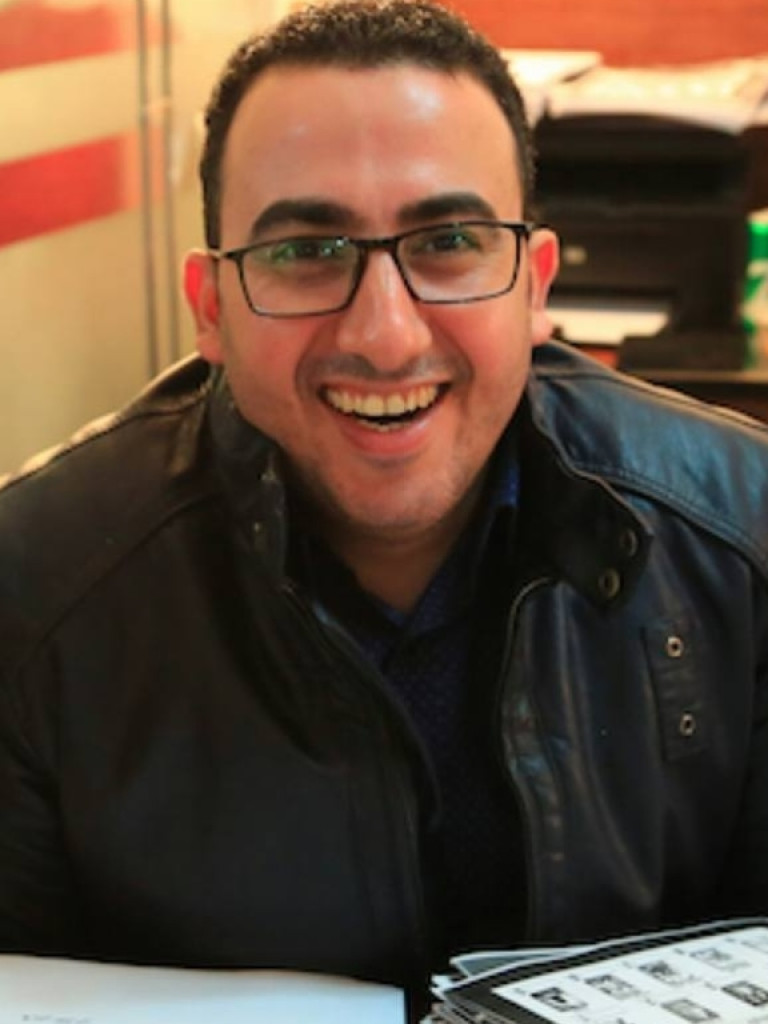
Mohamed Manour
- 2018
- Press Fellow
1. Why did you choose to become a science journalist? I am originally a mechanical Engineer but I have a passion for science in general and for science journalism in particular. In my country, science journalists are rare. It’s not easy to find a journalist who can understand scientific papers and simplify it for the general public. I discovered in myself this talent and I never wanted a carrier like I do with science journalism. I am born for it and I love what I am doing. I enjoy reading scientific papers/researches and I enjoy transforming theses papers into attractive stories that anyone can read, understand and assimilate! I am now working as a Science correspondent for one of the most important independent Egyptian daily newspaper (https://www.almasryalyoum.com/editor/details/1730). I am also writing as a freelance for Scientific American Arabic edition (https://www.scientificamerican.com/arabic/author/mohamed-mansour/). I am proud to say that I only put my name on serious, accurate stories with NEW angles that no one else covered the same way. Over the past 5 years, I wrote more than 3000 articles between news, features, reports, profiles and interviews in many categories. 2. What role do science and science communication play in your country? I believe that any nation can’t build its future and economic without enhancing scientific research and promoting science awareness. Here comes the role of science and science communication. Science should find solutions for the main problems faced by the country. For example, Egypt is under water stress, scientific research should focus on low cost water desalination techniques as our country is blessed by having 2 seas: the Mediterranean and the Red sea. On another note, scientists should work on heat tolerant crops/plants to minimize global warming negative impact on agriculture and food security. As for science communication, in my opinion, it’s a must to shed light on success stories in the field of science, to promote science awareness and to draw the attention of the decision makers on applicable researches. 3. What are the main challenges of science journalism in your country? In Egypt and I think all over the world, science journalism is facing many challenges:
- Science News are not a priority for newspapers and magazines (Not to be compared with politics, sports or even crimes!)
- Ability to find right terminology to explain scientific expression especially that we are writing in Arabic and the language of science is English.
- Convince scientists to talk about their work and go out of their bubbles.
- Attract wider public to follow science coverage by simplifying and making stories attractive.
- Encourage decision maker to consider scientific evidence in their decisions.
- Encourage business men to transform research into products by highlighting economic feasibility of new products based on a specific research paper.
- Encourage video makers to focus on science and make it attractive for general public
- Understanding and assimilating Scientific papers